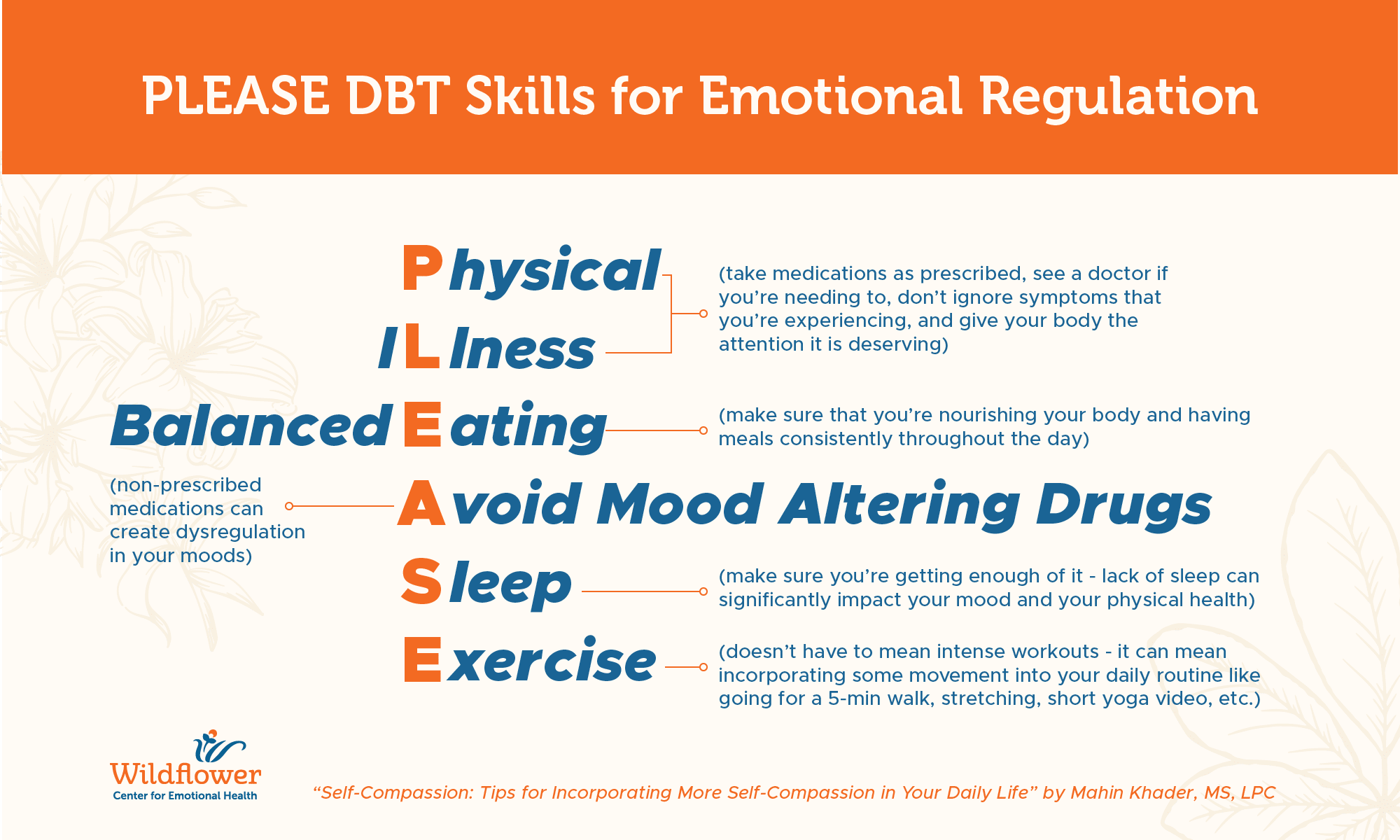
Source: Photo by No Revisions on Unsplash
“You, yourself as much as anybody in the entire universe, deserve your love and affection.”
You might have asked yourself, “What is self-compassion?” It’s a way of treating yourself with kindness and affection, the way you would treat others. Often we treat others with more kindness and empathy than we extend to ourselves. However, it is just as important that we begin to build a friendship with our inner self, and that begins with kindness.
You may also have thought that you are undeserving of your own kindness, affection, or empathy, or that maybe self-compassion is “selfish.” This is untrue. Every person is deserving of their own kindness. However, this is something that can be difficult for many people, so here are some tips that may be helpful in learning how to incorporate more self-compassion into your daily life:
Incorporate more mindfulness into your daily routine.
It can be so helpful to check in with yourself throughout the day. Take a moment to stop what you’re doing and ask yourself how you’re feeling in that moment, and reflect on what you may need. Once we start to notice moments where we’re struggling and are able to acknowledge them, then we can begin to honor our needs, take a break, and extend kindness towards ourselves.
Talk to yourself the way that you would talk to a loved one.
Often the language that we use with ourselves is much harsher than the language we use to address others. Something that can be helpful is to begin to talk to yourself the way you would talk to a friend or loved one. This may require some practice, but one helpful way to start is to create a self-compassion journal. Start by writing down the negative self-talk statement that you said to yourself. Now, imagine that your friend or loved one said this statement aloud to themselves and you heard them. What would you say to them instead? Write down the reframed statement and read it aloud to yourself. You’ll start to notice that your statements to others tend to be more encouraging, kind, and overall uplifting than the ones to yourself. Engaging in this journal activity regularly can allow you to begin to think about self-compassionate statements more often and more organically.
Replace judgmental thoughts when you notice them.
Sometimes replacing judgmental and/or negative thoughts with neutral statements can be helpful. If a thought pops into your head like “you’re so stupid, why would you say something like that?!”, take a second to pause and reflect. Everyone messes up at times, people say things they don’t mean or misspeak, and it’s okay. Then try to reframe the thought in a neutral way: “I didn’t want to say what I ended up saying. I feel embarrassed and frustrated with myself for what I said. I can try to clarify what I meant to the other person.”
Take care of your mind and your body.
Being mindful of what you consume and what you put your energy into can be a really important aspect of self-compassion. A Dialectical Behavior Therapy (DBT) skill that I often recommend is PLEASE. PLEASE stands for treat Physical iLlness (take medications as prescribed, see a doctor if you’re needing to, don’t ignore symptoms that you’re experiencing, and give your body the attention it is deserving), balanced Eating (make sure that you’re nourishing your body and having meals consistently throughout the day), Avoid mood altering drugs (non-prescribed medications can create dysregulation in your moods), Sleep (make sure you’re getting enough of it – lack of sleep can significantly impact your mood and your physical health), and lastly Exercise (exercise doesn’t have to mean high intensity workouts, it can mean incorporating some movement into your daily routine like going for a 5-minute walk, stretching, short yoga video, etc.).

Another impactful factor for taking care of your mind is checking into how much social media you’re consuming. At times, seeing highly curated images of other people’s lives can decrease our level of self-compassion for ourselves, and we begin to compare where we are in our lives to where we think others are in theirs. Each person’s journey in life is different, and it’s important to acknowledge and honor our own unique path.
Engage in self-care activities.
We’ve all heard how important it is to engage in self-care activities. Self-care is so much more than taking a bubble bath or doing a face mask, even though it can be those things as well! Self-care can look like reaching out to a loved one, reading a few pages of your favorite book, using your favorite essential oils while you take a break from what you’re doing. It can also look like journaling about what you’re grateful for, watching a funny video, taking a moment to get yourself organized for the day, or making yourself a cup of tea or coffee. Self-care doesn’t have to be overwhelming or time consuming, but engaging in short self-care activities daily can increase self-compassion and create more opportunities for self-kindness.
Self-compassion can be difficult, but it’s not impossible! Hopefully these tips can provide a starting point for or a reminder of your journey to greater self-compassion.
References
Neff, K., & Germer, C. K. (2018). The mindful self-compassion workbook: A proven way to accept yourself, build inner strength, and thrive. Guilford Press.

